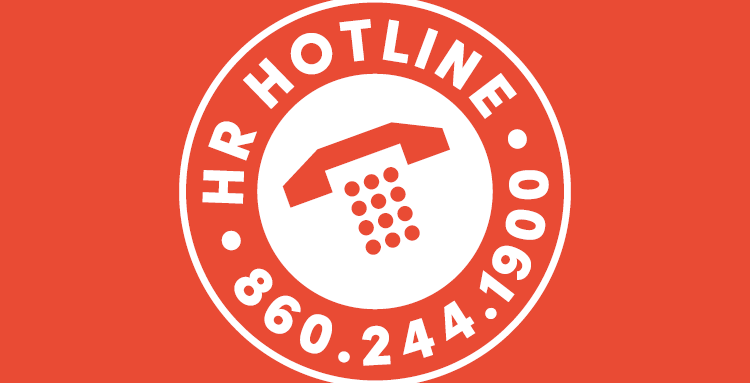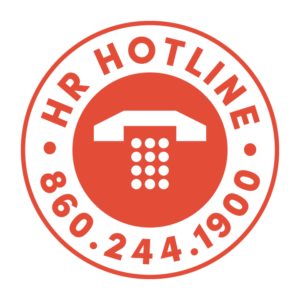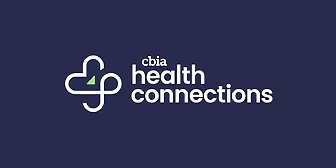HR Hotline: Can I Contact Their Doctor When an Employee Requests FMLA?

Q: One of our employees requested a leave of absence under Connecticut’s Family and Medical Leave Act. In support of their request, they submitted a vague doctor’s note excusing them from work.
The note says nothing about the duration of their absence, or why they need time off. I don’t trust this employee to give me truthful information. May I contact their doctor to ask about their medical condition, or would that be a HIPAA violation?

A: It would be a HIPAA violation, but not on your part. HIPAA’s privacy rule generally does not regulate an employer’s conduct.
It does, however, prohibit physicians from discussing their patients’ personal health information with their employers. If you were to contact the physician without first getting their permission, the doctor likely wouldn’t talk to you.
So while HIPAA would not be your primary concern, Connecticut’s FMLA regulations would.
Those regulations limit an employer’s ability to contact an employee’s healthcare provider when the employee requests FMLA leave.
Based on the facts in your question, contacting the employee’s doctor without their permission would violate Connecticut law.
FMLA Regulations
The state’s FMLA regulations allow an employer to contact an employee’s healthcare provider for two reasons: (1) authentication; and (2) clarification.
Many employers mistakenly believe that they may reach out to an employee’s doctor to “clarify” the information in a medical note.
However, it’s important to understand what “authentication” and “clarification” mean in the context of FMLA.
An employer may request that a healthcare provider “authenticate” a doctor’s note. That is done by providing a copy of the note to the doctor’s office and requesting verification that the provider listed on the note is in fact the one who authorized it and signed it.
Clarification requires an employee’s advance permission. Authentication does not.
Diane Mokriski, CBIA
The employer may not request any other substantive information.
An employer may also request that a healthcare provider “clarify” information on a note, such as the probable length of an absence or whether the employee may work a reduced schedule.
An employer may also ask for clarification if it can’t read the physician’s handwriting.
Clarification requires an employee’s advance permission. Authentication does not.
Navigating FMLA
In addition, it’s important to remember that, with both authentication and clarification, the employer must first give the employee an opportunity to contact the provider and ask that deficiencies be cured.
Thus, in your example, you must first contact your employee, explain that the doctor’s note is insufficient, and give them the opportunity to contact their healthcare provider.
If they decline, and you want only to have the note authenticated, you may do so without their permission.
Take steps to ensure that the appropriate company representative reaches out to the employee’s physician.
Mokriski, CBIA
If, however, you require additional medical information in order to determine whether they qualify for Connecticut FMLA, and they decline to give you permission to contact the provider, you may deny FMLA leave.
Finally, take steps to ensure that the appropriate company representative reaches out to the employee’s physician.
FMLA regulations specifically prohibit direct supervisors from doing this. Only an HR professional, a leave administrator, or a management official may make contact.
HR problems or issues? Email or call CBIA’s Diane Mokriski at the HR Hotline (860.244.1900) | The HR Hotline is a free service for CBIA member companies and is intended to provide general information and does not constitute legal advice. Please consult with legal professionals for specific guidance for your specific situation.
RELATED
EXPLORE BY CATEGORY
Stay Connected with CBIA News Digests
The latest news and information delivered directly to your inbox.



